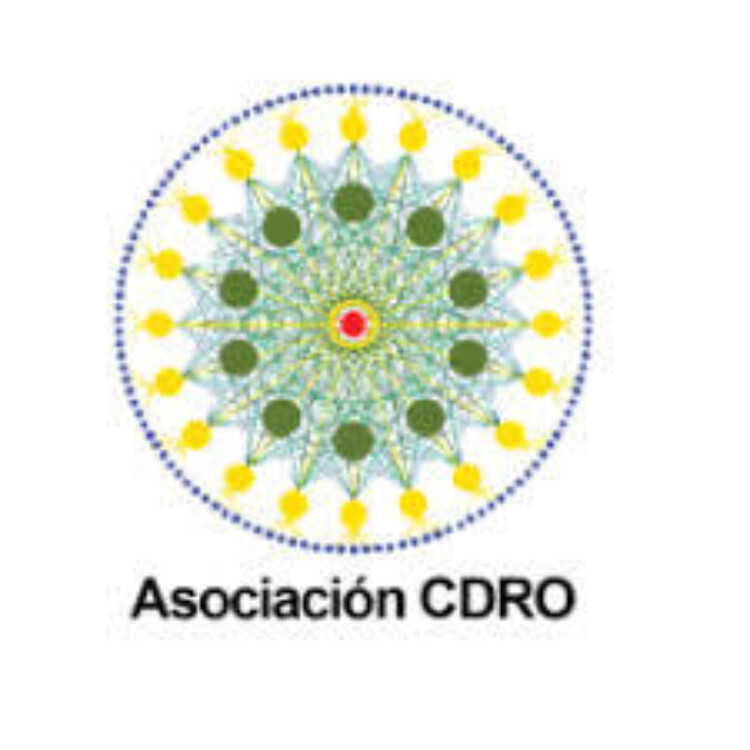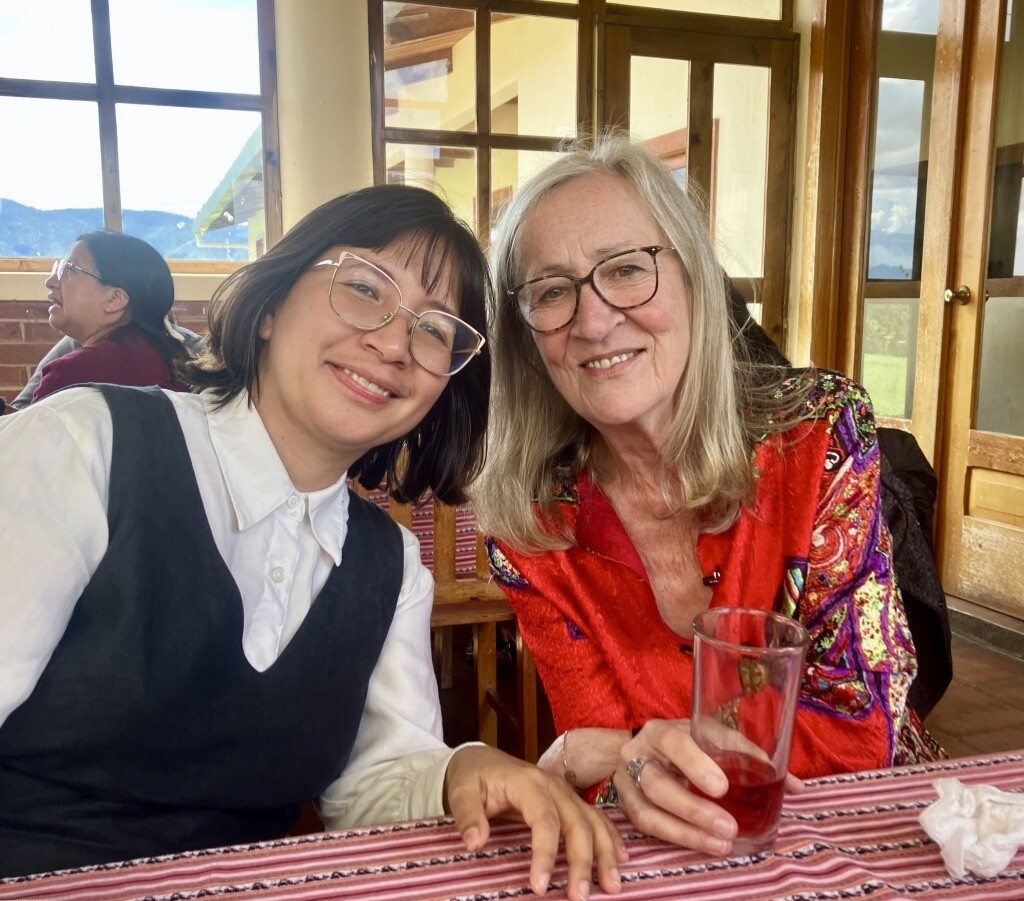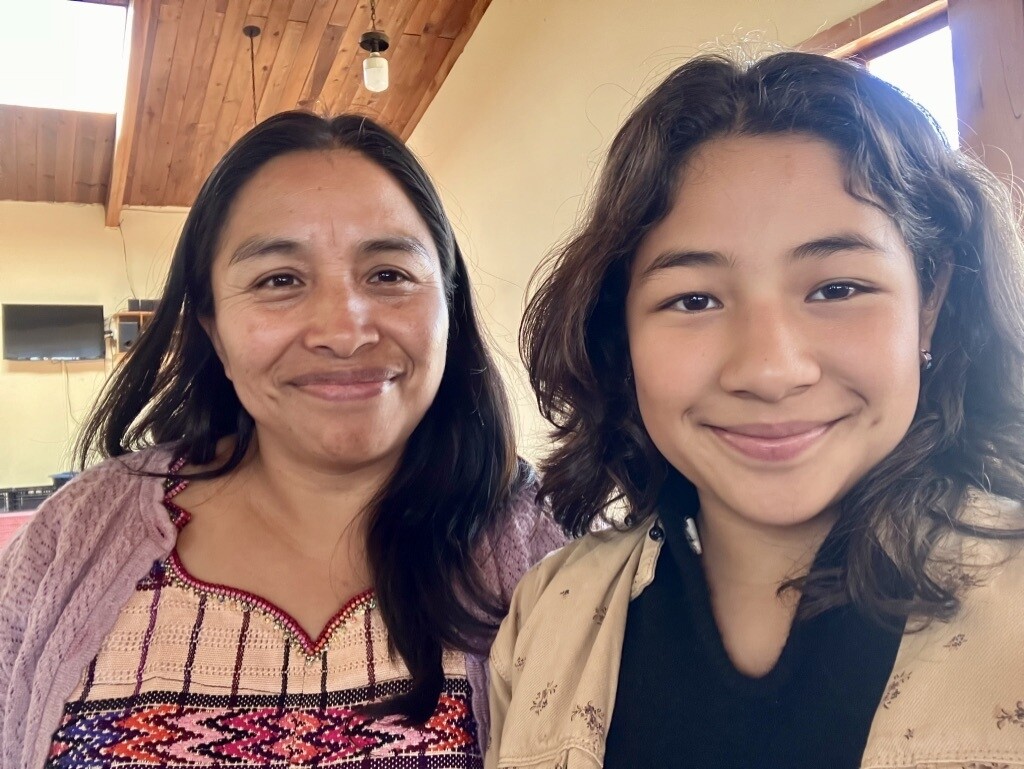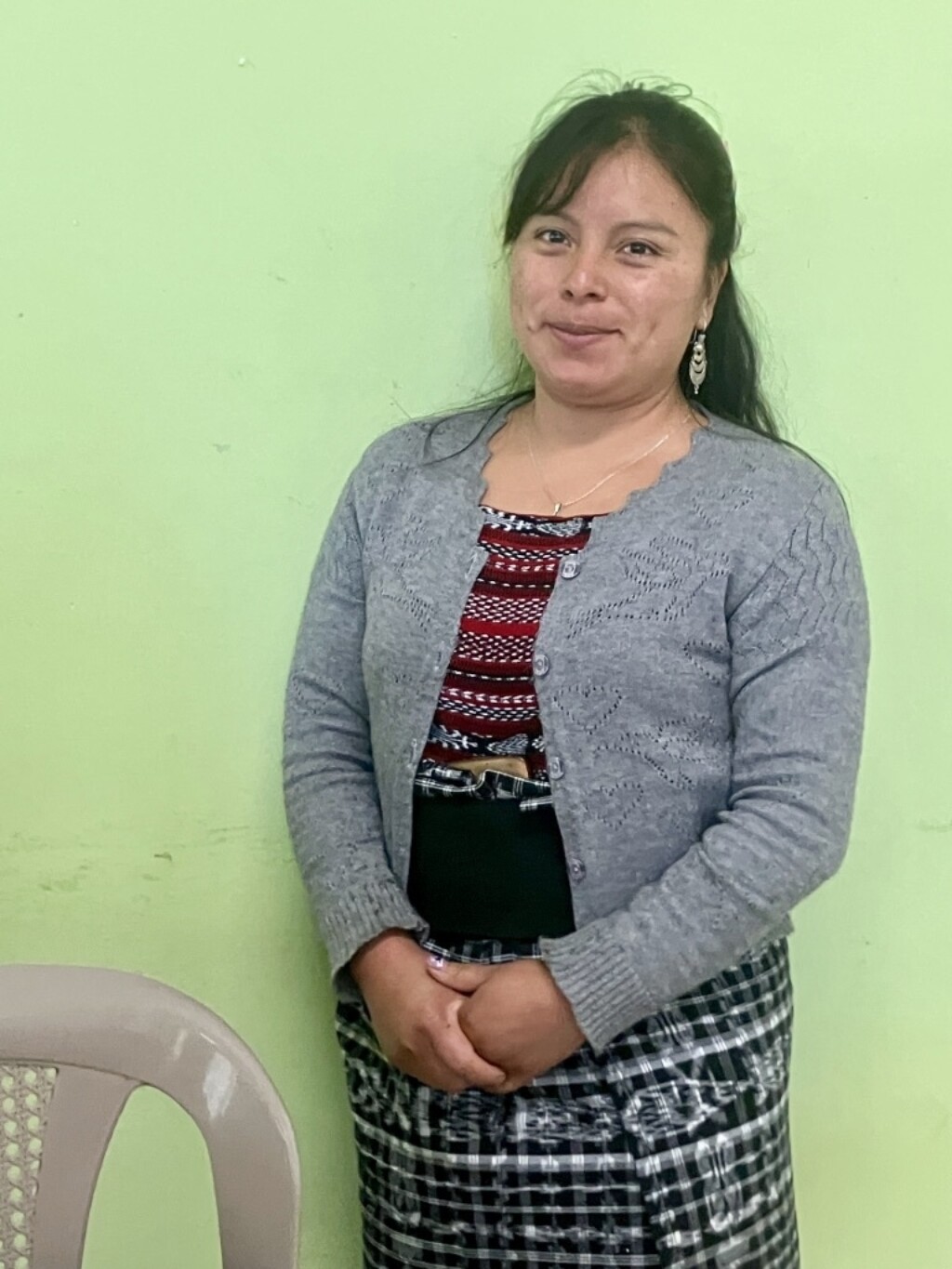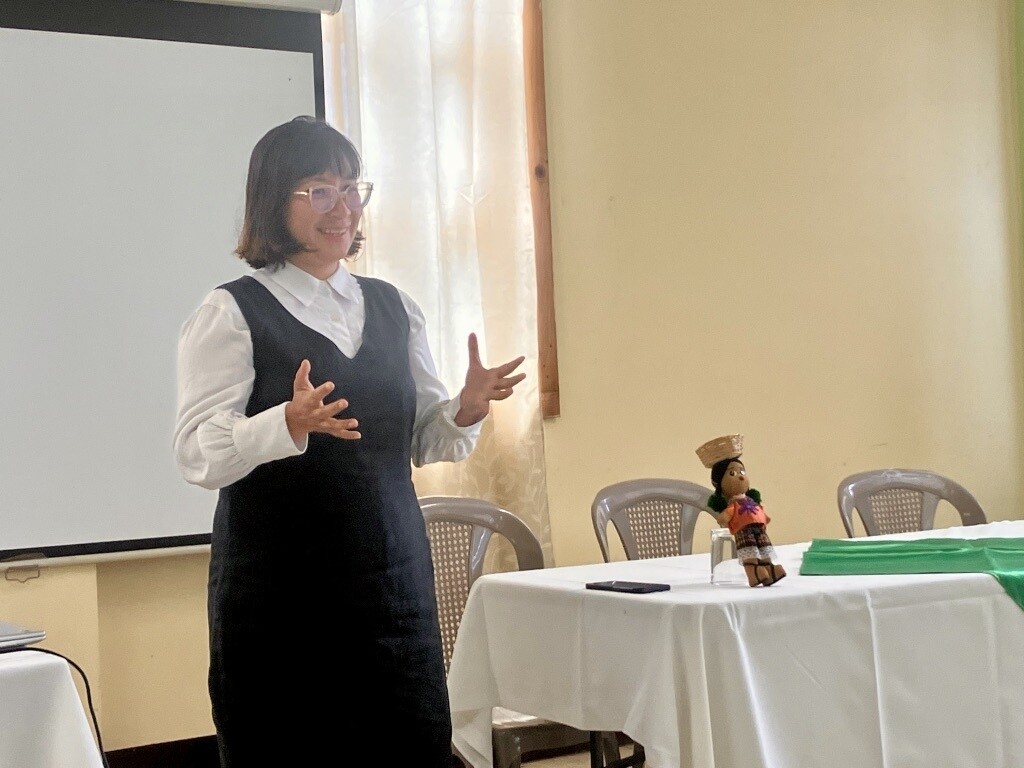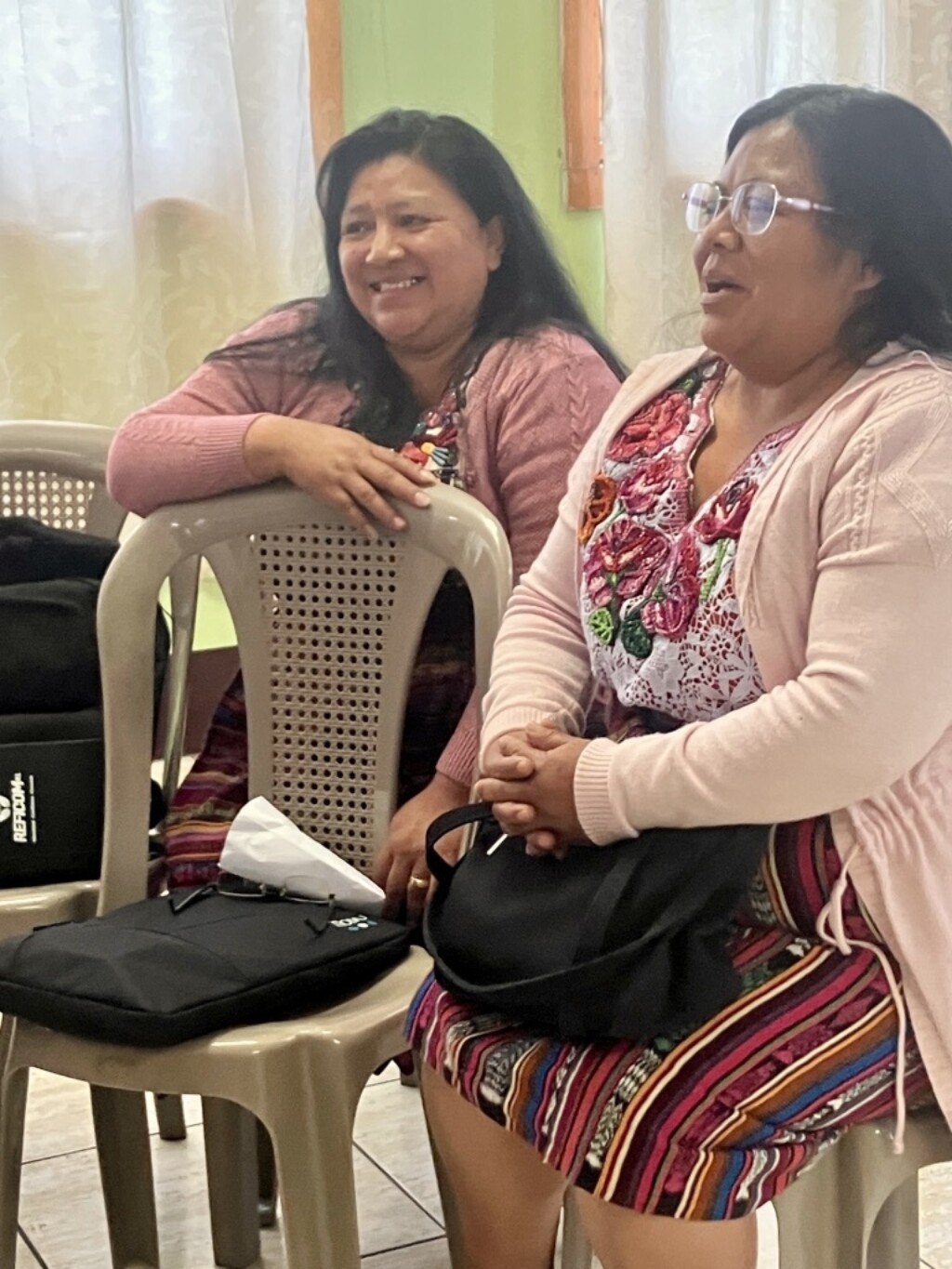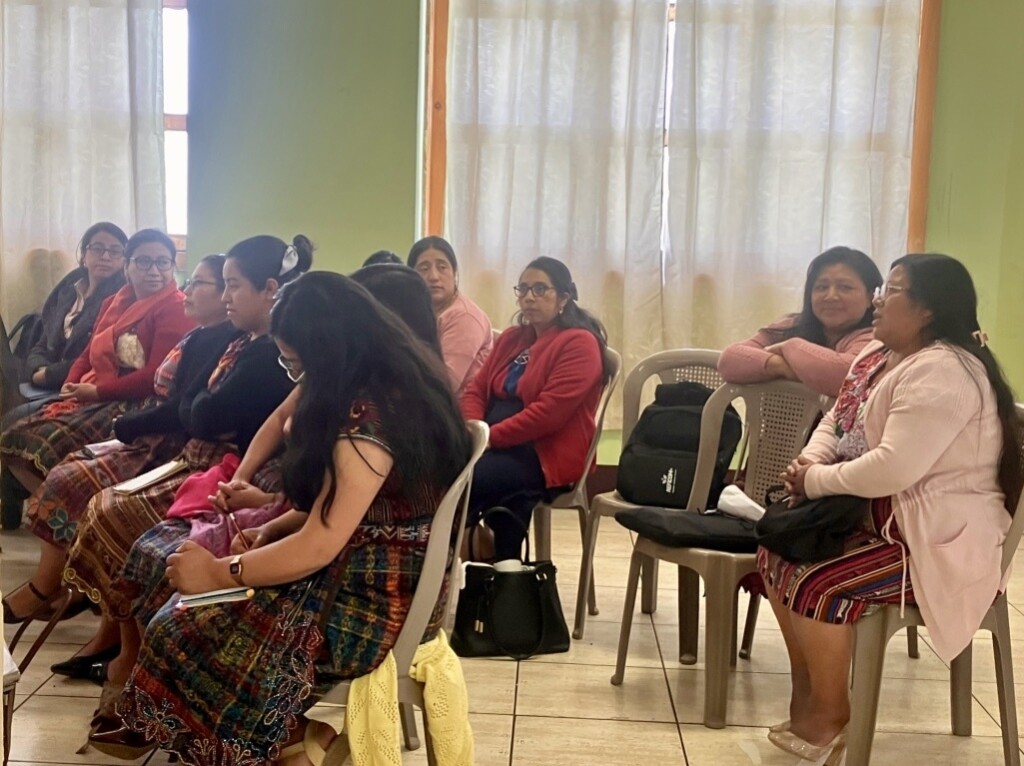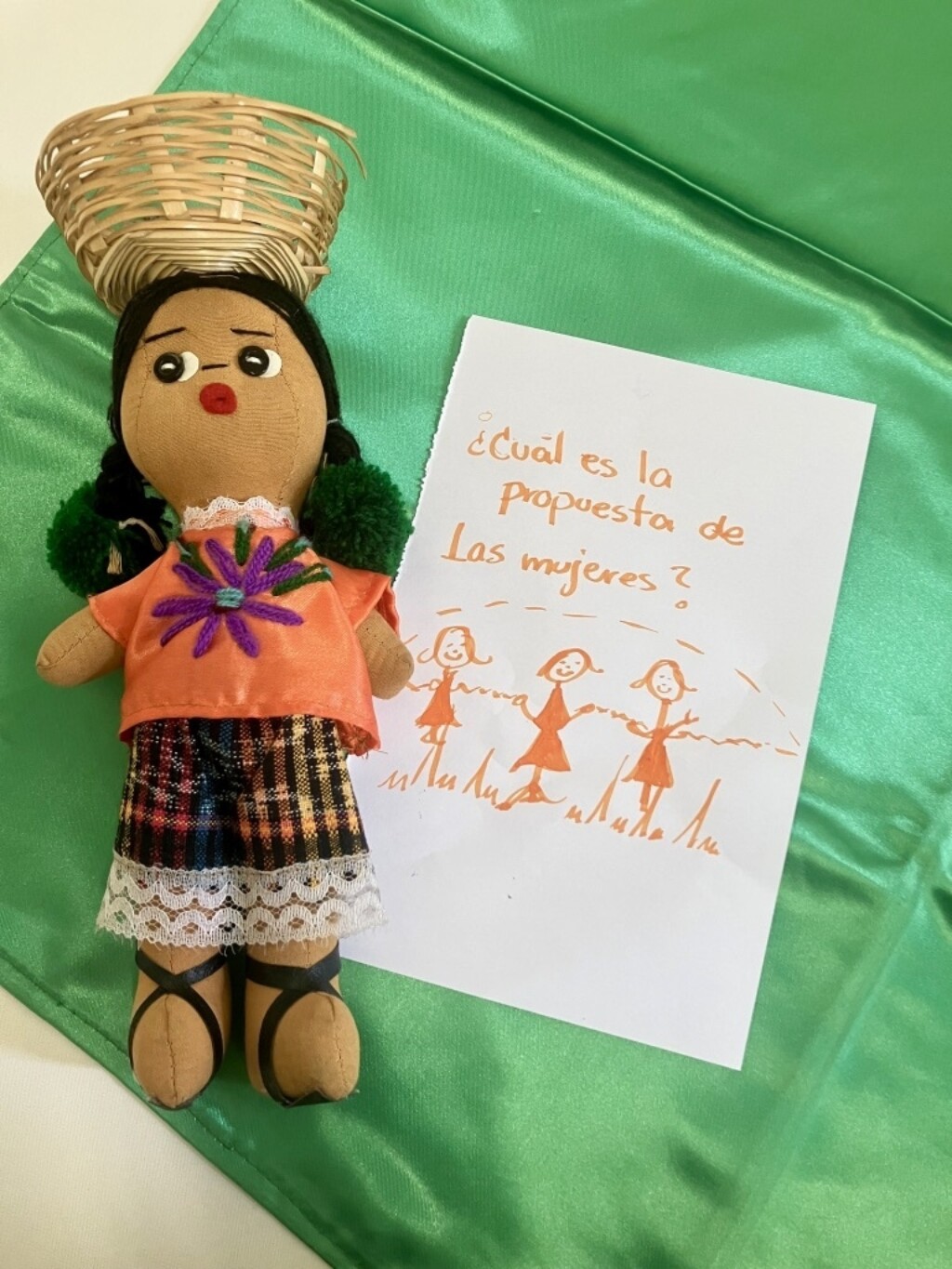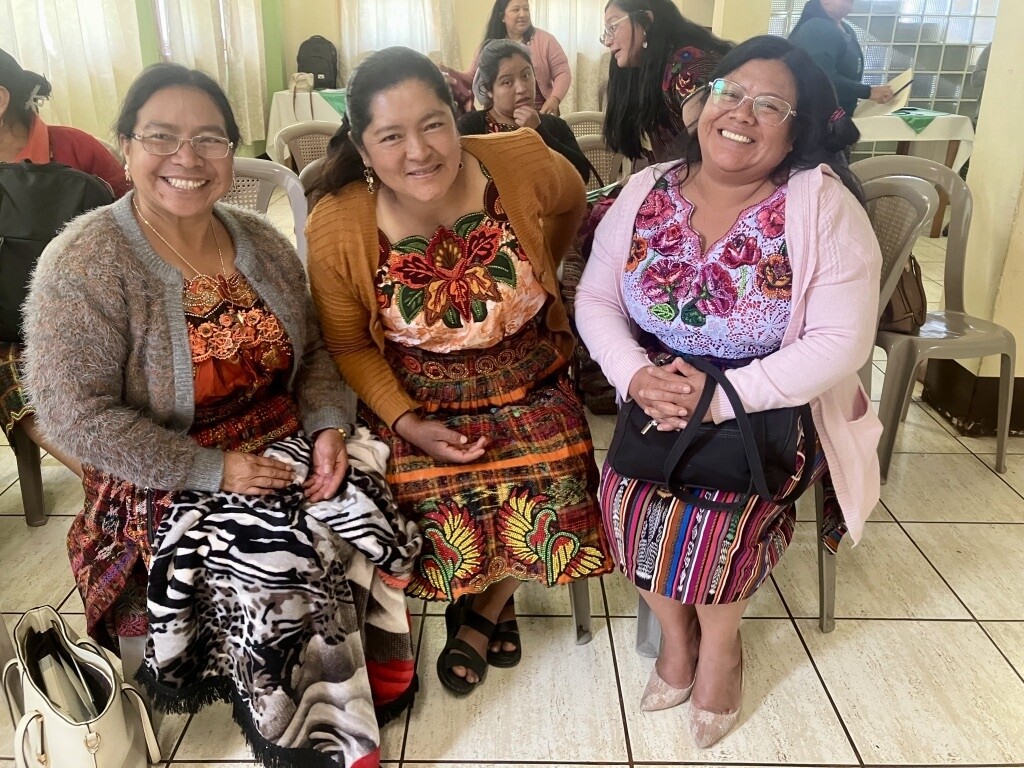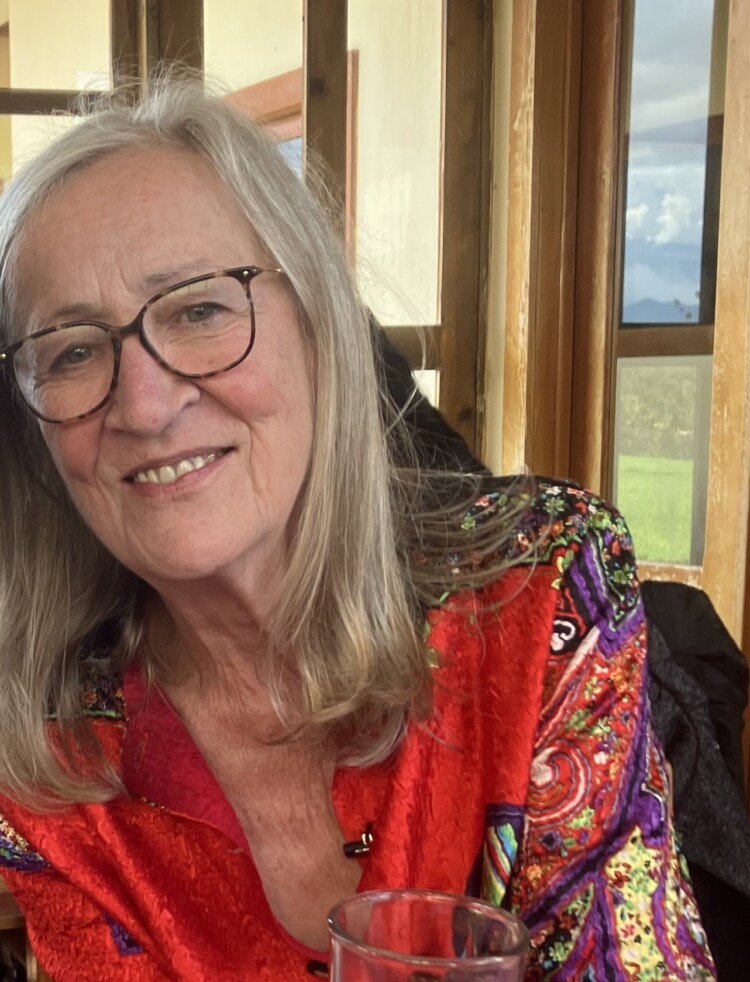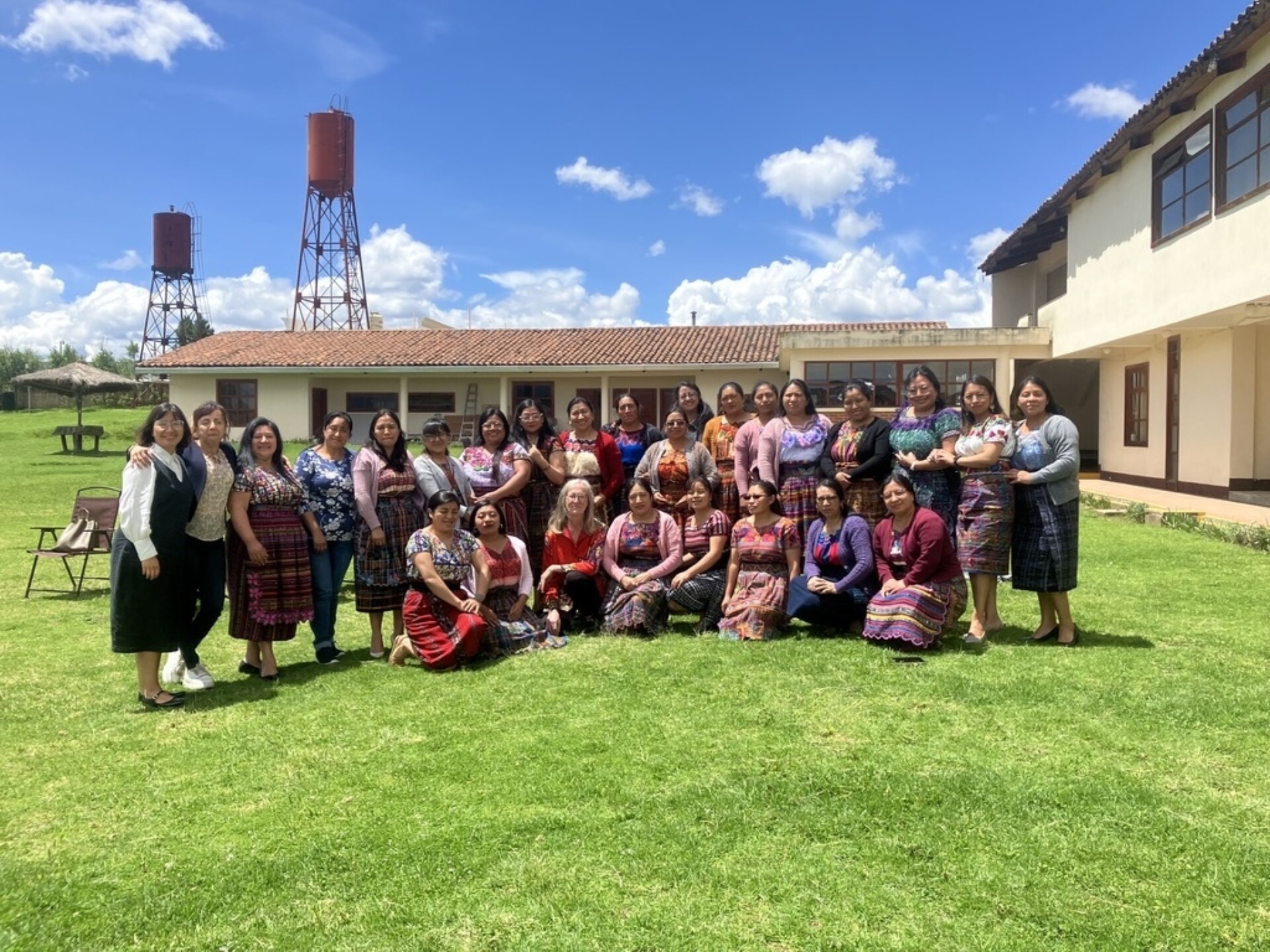
Success story
A Policy School for Maya Women in Guatemala
Diplomado Ixoqib’Kamalb’e – The School for Women Who Open the Path
Recently, a figure in a UNICEF report struck me deeply: in Guatemala, one out of every two children suffers from chronic malnutrition. Among Maya children, this rate rises to 61%.
These statistics raise a crucial question: how can a country so rich in natural abundance rank first in Latin America for chronic malnutrition?
Guatemala’s history bears deep scars. Between 1960 and 1996, the internal armed conflict claimed the lives of nearly 250,000 people, most of them Indigenous. It was a genocide, backed by the United States, against Indigenous peoples.
Indigenous communities were both subjects and actors in that conflict. Even today, they continue to endure the consequences of structural inequalities inherited from Spanish colonization. Yet, many of these communities also embody tremendous strength and resilience, capable of mobilizing around pressing policy issues.
It is important to remember that, although wars, conflicts, and tensions existed before the arrival of Europeans on the American continent, the Maya civilization was composed of sophisticated and vibrant societies that lived in harmony with nature.
A Societal Issue: Gender Equality
The World Health Organization emphasizes that no sustainable development is possible without gender equality and respect for human rights.
However, in Guatemala, women and girls, especially those from Indigenous communities, still face numerous obstacles: precarious living conditions, limited access to education, health care, clean water, and economic opportunities.
Sexual and reproductive education remains a taboo topic, even within the public education system. Addressing it openly and respectfully could help Indigenous women and girls strengthen their autonomy and take control of their futures.
A Local Response: The Diplomado Ixoqib’Kamalb’e’
In this context, the Centro de Desarrollo Rural del Occidente de Guatemala (CDRO), with whom I work, launched the Diplomado Ixoqib’Kamalb’e’, the school of women who open the path.
CDRO works with rural populations across the departments of Sololá, Chimaltenango, El Quiché, Alta and Baja Verapaz, Sacatepéquez, and Guatemala City.
This initiative aims to create a safe and inclusive space where women from Quiché and Mam communities can strengthen their knowledge, skills, and leadership capacities.
Inaugurated on July 1, 2025, the program spans six months and includes four training modules as well as two discussion panels.
Topics range from CDRO’s institutional identity and contemporary Maya worldviews to healthy professional relationships, leadership, and community politics.
The first panel, held in October 2025, brought together two mayors and a member of parliament of Maya origin. Discussions focused on the representation of Maya women in national and international events, and on the importance of promoting their values and principles in public spaces and within community organizations.
For the second panel, an Indigenous woman leader from Canada will be invited to initiate an intercultural dialogue on the realities faced by Indigenous women in their respective territories. Discussions will address health, legal assistance, psychological support, education, and community participation.
At the heart of this project lies a core belief: women can be powerful agents of social change within community politics.
A Meaningful Inauguration
During the inauguration, Pilar Gómez, Program Officer for the CECI Guatemala Volunteer Cooperation Program (VCP), delivered a powerful message:
“Today, we are not here simply to inaugurate a school. We are here to spark a flame. A flame that reminds us that no woman is born knowing how to make her voice heard in a community led by men who often doubt her... But every woman carries within her the strength to learn, to transform, and to lead.”
This message captures the spirit of the initiative: providing Mam and Quiché women living in CDRO’s areas of intervention with concrete tools to take part in decision-making processes that affect them, transform power dynamics, and build more equitable and inclusive communities.
A Journey in Motion
The Diplomado Ixoqib’Kamalb’e’ is not an end in itself, but rather the beginning of a process. With the energy and determination of the participants, the work of CDRO, and the commitment of CECI volunteers, this policy training school paves the way for new perspectives on equality and social justice in Guatemala.
Dominique Doutreligne, Volunteer for CECI in Guatemala, Quetzaltenango
Our partners
Thank you to our financial and implementation partners, without whom this project would not be possible. CECI's volunteer cooperation program is carried out in partnership with the Government of Canada.

